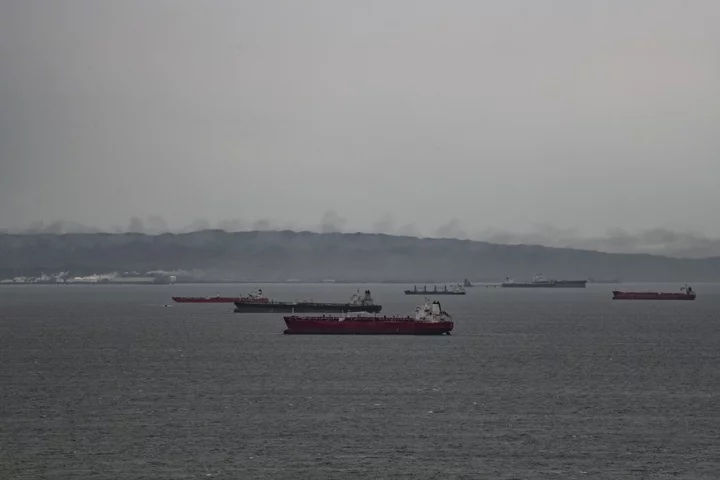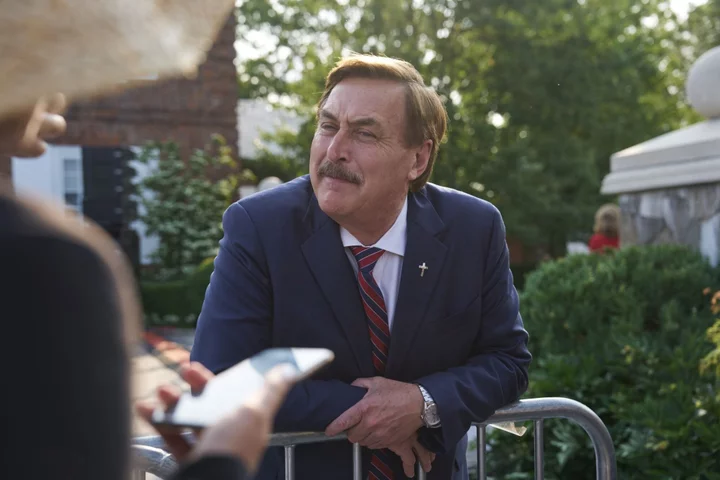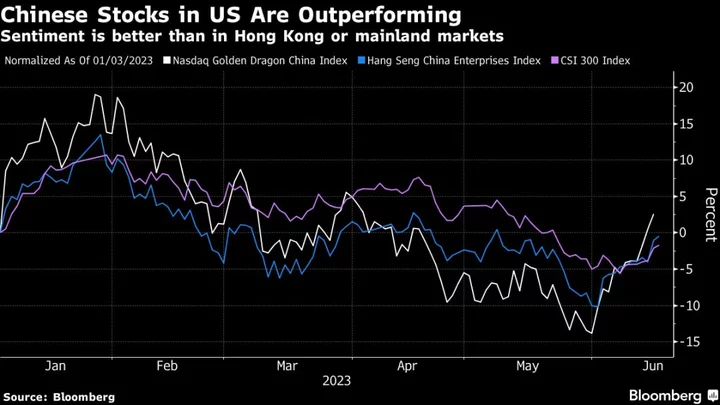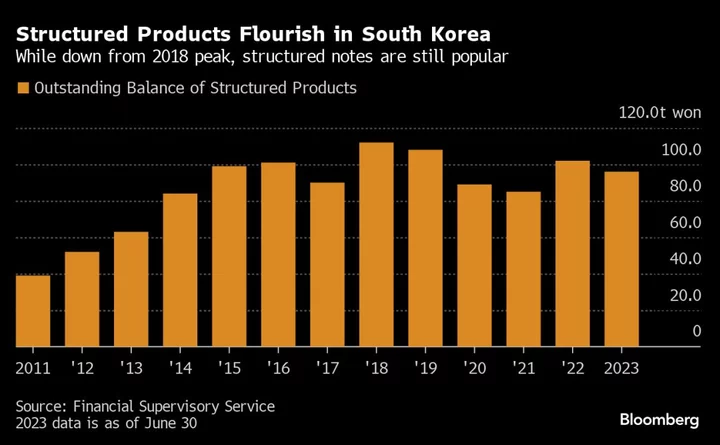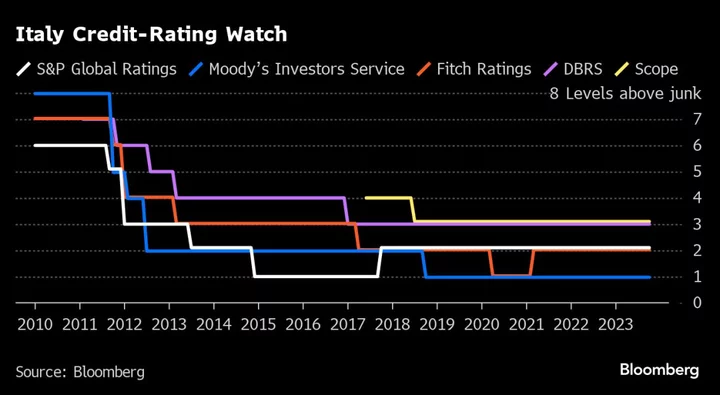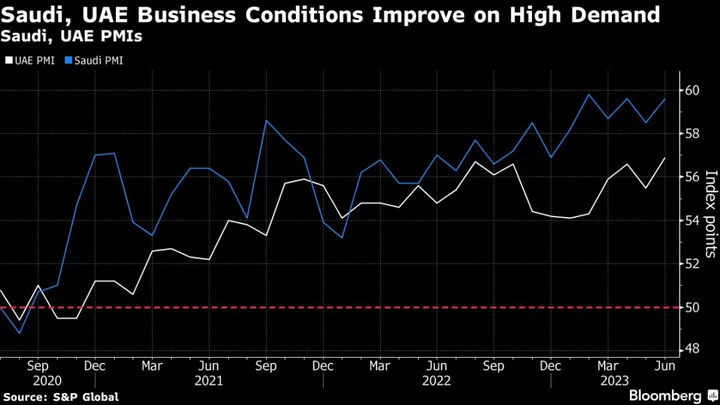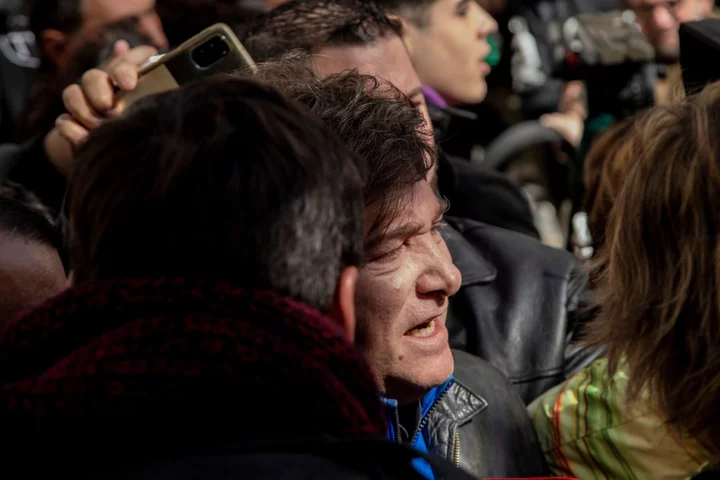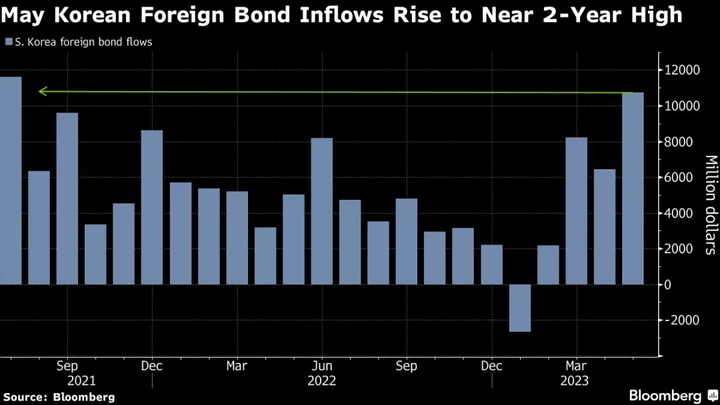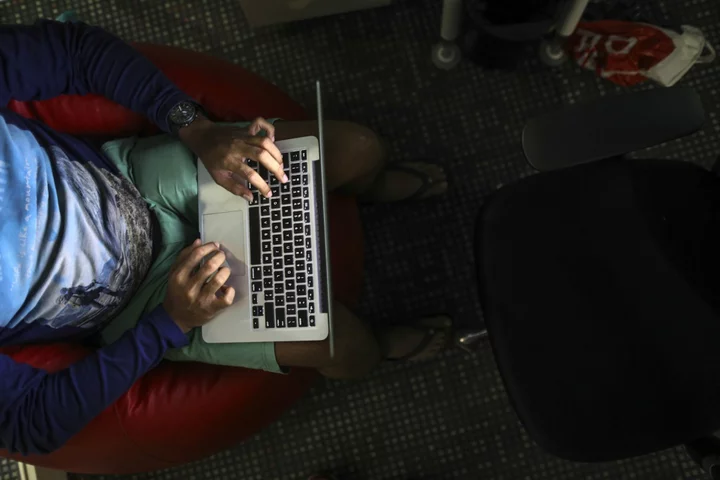Venezuela’s state oil giant is parting ways with an old ally who once helped to break a strike that was aimed at bringing down the regime of late president Hugo Chavez.
PDVSA canceled a contract with Maroil Trading Inc., according to the trading firm’s owner, Venezuelan shipping magnate Wilmer Ruperti. The move came after an internal audit, ordered by newly appointed Petroleos de Venezuela SA head Pedro Tellechea, found discrepancies in payments. Ruperti said there was no wrongdoing and that he’s still owed $300 million.
Ruperti rose to fame at a critical moment for the Chavez presidency, when oil workers walked out demanding the late president be replaced. The two-month strike, which ended in early 2003, engulfed the country in chaos, causing shortages of everything from fuels to milk and medicines. Relatively unknown at the time, Ruperti, a former ship captain, used his experience in shipping to pierce a hole in the port blockade and bring Russian gasoline into the country. The move was seen by many as a turning point that eventually led to the end of the strike and was essential to maintaining Chavez’s grip on power.
At the center of the current discrepancy between Ruperti and the state company is a five-year contract signed in 2016. Under the deal, Maroil agreed to invest $138 million in a PDVSA sea terminal. In exchange, Maroil was granted the right to sell and retain most of the proceeds from about 12 million metric tons of petroleum coke, an oil by-product used to produce electricity and fire cement kilns around the world.
In an interview, Ruperti said the contract, set to expire in 2021, was extended by two years due to the pandemic. PDVSA, he says, denies the contract was extended and wants Maroil to pay for petroleum coke cargoes sold after the original 2021 deadline.
The state oil company didn’t return multiple requests for comment.
In March, Reuters reported Maroil owed $432 million to the state oil company. Ruperti in turn says PDVSA owes his company more than $300 million, as his firm was able to export a little more than 6.5 million tons of the 12 million it was entitled to. Despite the huge difference in claims, talks are “amicable” and there is “willingness” from both sides to arrive at a solution, Ruperti said in the interview.
Since his rise to prominence, Ruperti has remained close to the Miraflores presidential palace, having helped to fund the defense of Maduro’s nephews who were found guilty of drug trafficking in the US. The nephews were later released as part of a prison swap with Venezuela.

